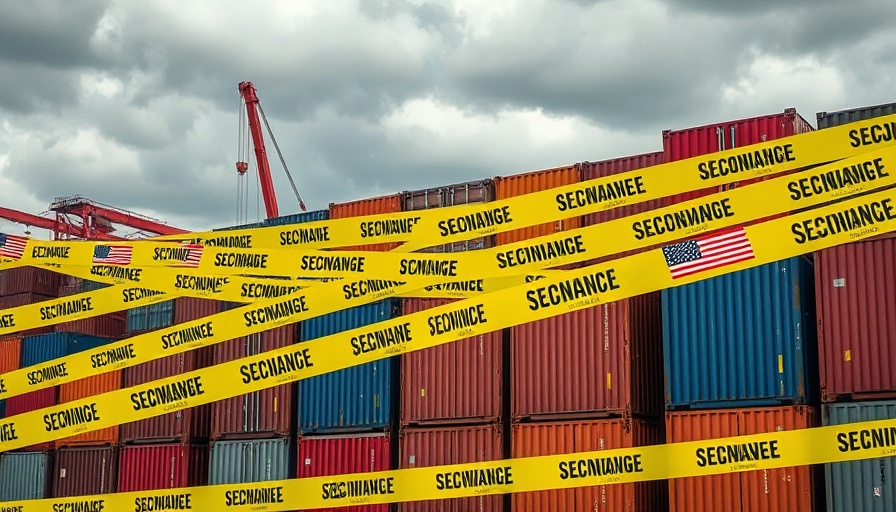
The Impact of Tariffs on Caribbean Economies
The Caribbean is bracing for substantial revenue losses following the imposition of tariffs by the Trump administration. A recent report commissioned by the Caribbean Private Sector Organization (CPSO) underscores the potential fallout, estimating a staggering $550 million in losses across the region. As leaders congregated in western Jamaica for the CARICOM summit, Patrick Antoine, CPSO President, painted a dire picture of the impending economic strain affecting countries like Trinidad and Tobago, The Bahamas, and Haiti.
High Stakes for Key Industries
According to Antoine, Trinidad and Tobago will endure the most severe consequences, but the ripple effect will touch all member states. The study highlighted vulnerable industries, including agriculture, aquaculture, clothing, base metals, and sugar. These sectors are critical not only for their economic output but also for the jobs they create, emphasizing that tariff repercussions represent more than just numbers; they are about real livelihoods.
Opportunities Amid Challenges
Despite the bleak forecast, Antoine expressed optimism about mitigating the impact of these tariffs. He pointed out that reducing operational inefficiencies such as logistical delays could buffer the blow. "If we can streamline our processes, it is possible to offset some losses," he stated, suggesting proactive approaches to crisis management.
Political Engagement and Future Prospects
In response to the impending changes, regional leaders plan to engage with U.S. trade representatives to advocate for a revised framework under the Caribbean Basin Initiative (CBI). This proposal, dubbed "CBI Plus," aims to include additional high-performing products beyond the current offerings. Antoine's call for more assertive negotiations reflects a collective recognition that clinging to old models may leave the Caribbean at a competitive disadvantage.
Collective Action for Resilience
The emphasis on strategic, decisive action resonates as a crucial takeaway from the CPSO report. Although the analysis revealed sobering projections, it also highlights opportunities for regional solidarity and innovation. The Caribbean must leverage its strengths to navigate the treacherous waters of global trade policy.
Conclusion: The Urgency of Response
In light of the challenges brought on by these tariffs, it is imperative for Caribbean nations to unite and respond decisively. Protecting growth in vulnerable sectors while advocating for more favorable trade conditions will be essential for the region's economic resilience. Now is the time for innovation, collaboration, and strategic planning to safeguard futures within Caribbean communities.
 Add Row
Add Row  Add
Add 




Write A Comment